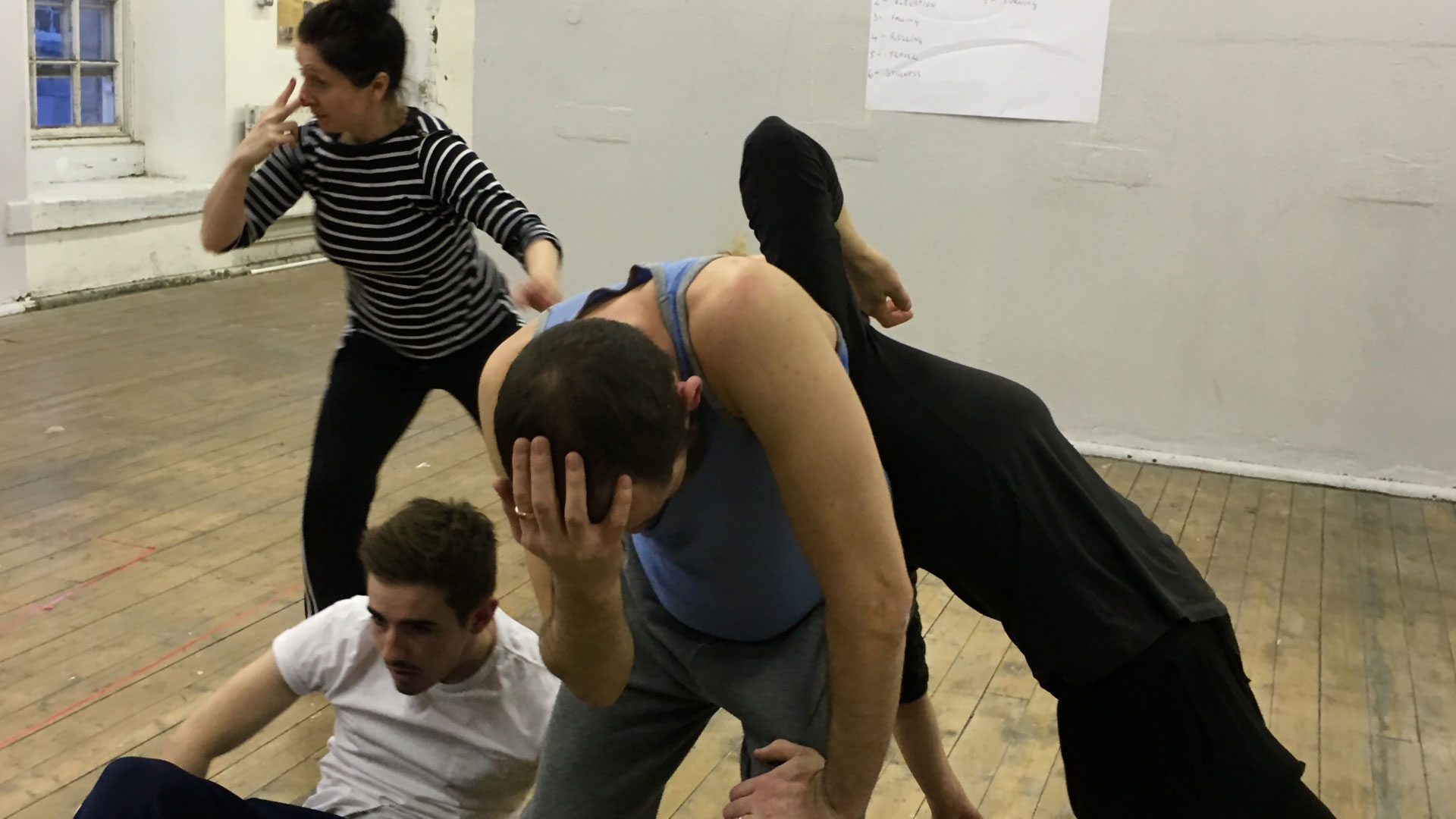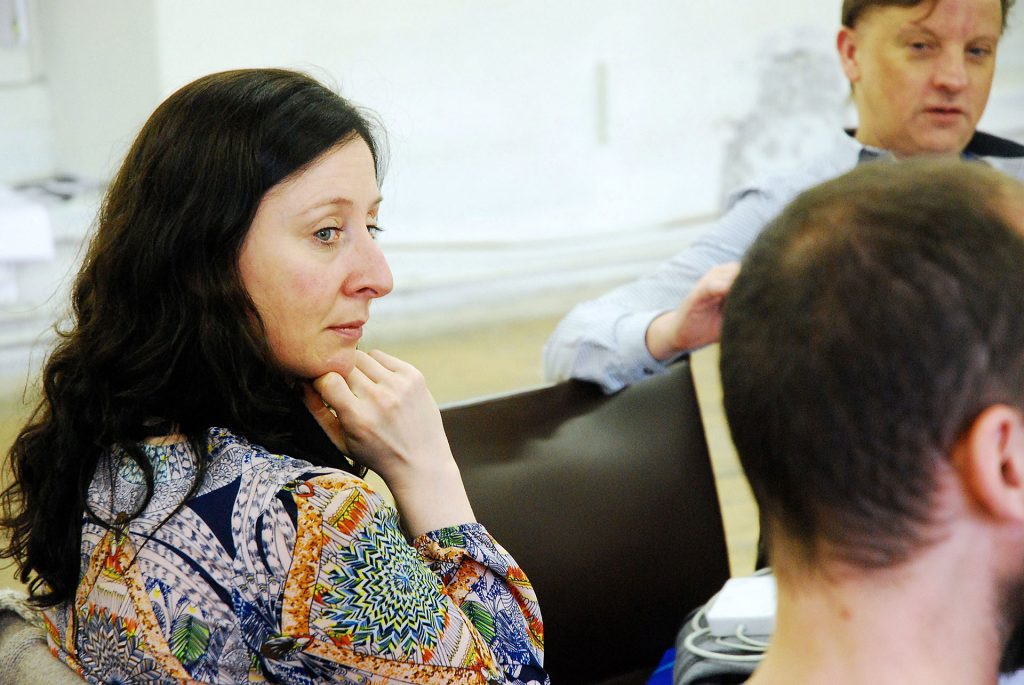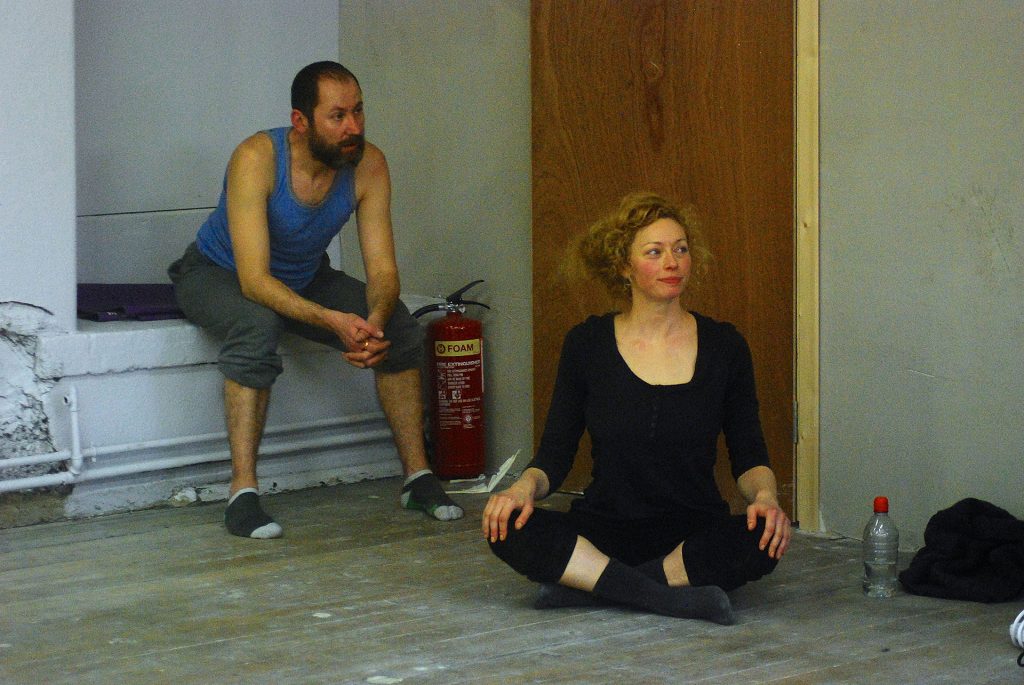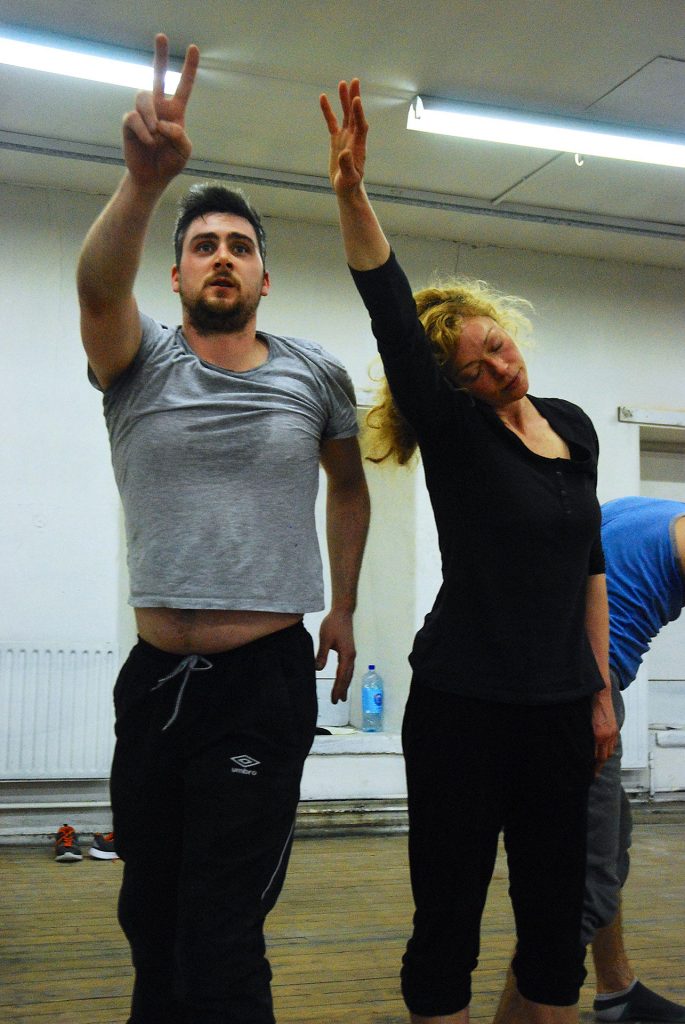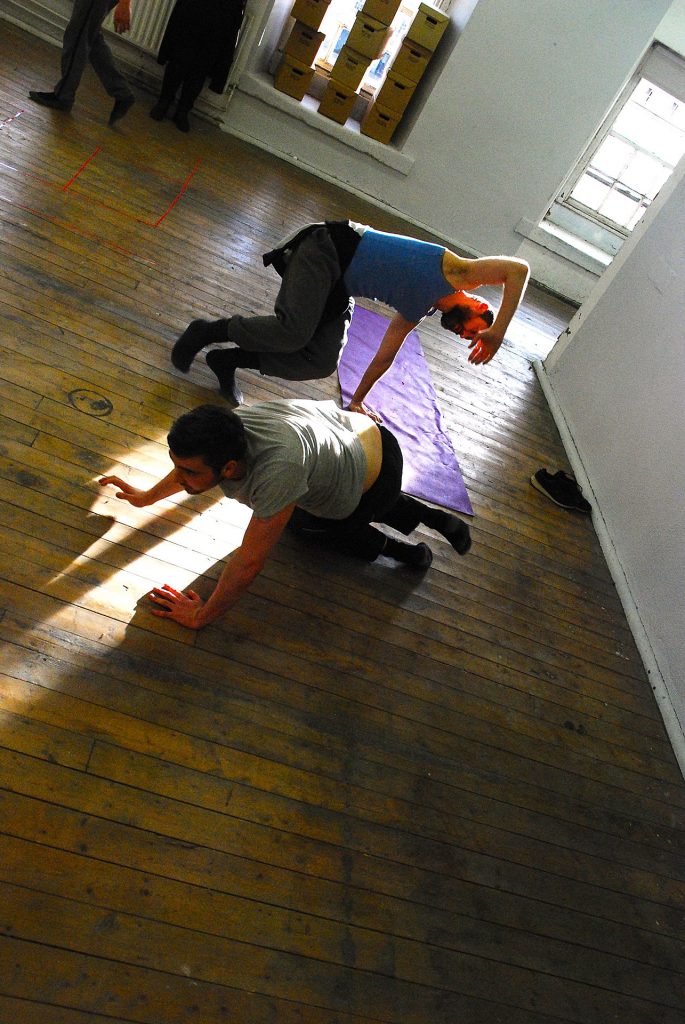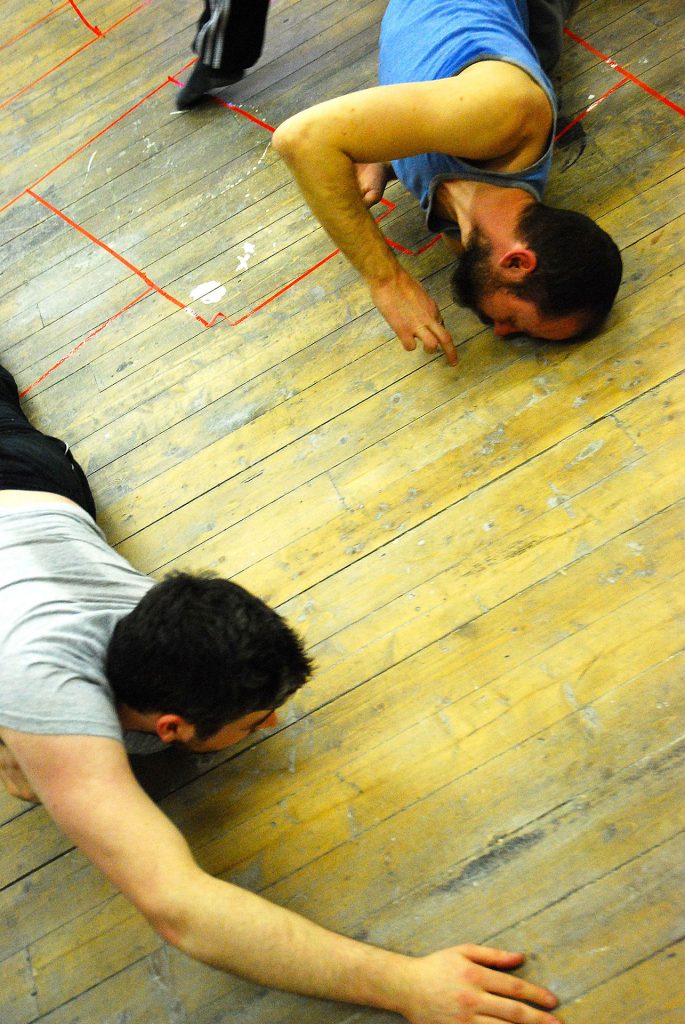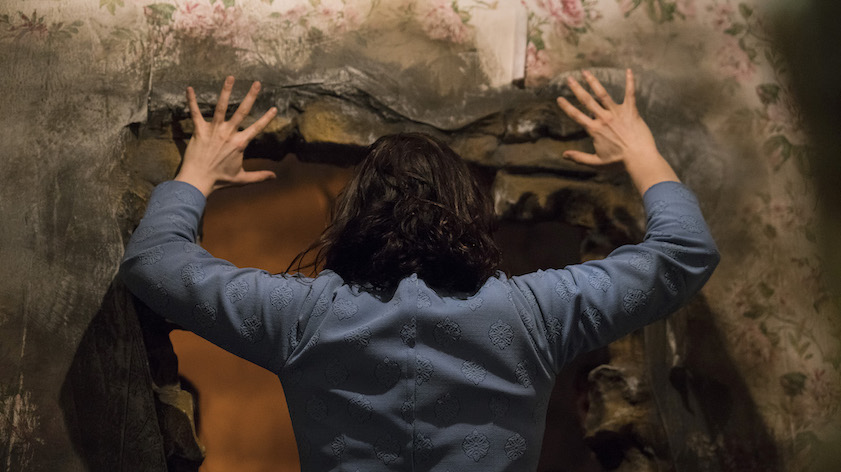
The Hickey Family
November 15th, 2016 Posted by roomsAccess Research 0 comments on “The Hickey Family”Emma O’Kane
My research for These Rooms focused on the Hickey family, in particular Teresa Hickey, wife of Thomas and mother of Christopher. Both were killed in the North King Street massacre. Call it a coincidence, a sign or the power and might of live performance, but unbeknown to me I came face to face with the Grandniece of Thomas Hickey in performance.
I shared a one-on-one moment with this woman, showing her a memorial card in memory of Thomas and Christopher Hickey. Not knowing at the time that I was actually showing her a photograph of her relatives. This was a defining moment for me where the space of 100 years and the lives of the inhabitants of North King Street did not seem so distant or unfamiliar. The story of These Rooms is universal and the reality of working on a show that deals with actual events means that its effects are still felt presently and reverberate globally. Sadly atrocities happen to human beings every day. People get caught in the crossfire. Not every citizen has the same agenda as those handling the arms.
Working on These Rooms has made me understand the importance of remaining impartial when creating work around real life testimonies. The testimonies are very harrowing and it is hard not to have an opinion about the perpetrators. But whom does that serve? Does an audience really need to see my blame played out in front of them? Blame keeps us stuck in the past.
This way of seeing has taken me a while to fully implement in my process and the work that I have created from directly relating to the testimonies in These Rooms. But I believe it is richer for it. Essentially I believe the role of the artist is to raise questions but not necessarily to answer them. Doing so robs the audience of their experience and the opportunity for them to formulate their own opinions.
As an artist responding to the testimonies one hundred years since the North King Street massacre, the single most important element of this creation for me is that the voices of the testimonies are heard and their stories are told. It is my job to do this with an impartiality that allows the audience to see these people as people and not just victims of a crime, without that human connection they just fade back into the past and we never get to hear their voices.
In hearing their voices one hopes that history does not repeat itself.
